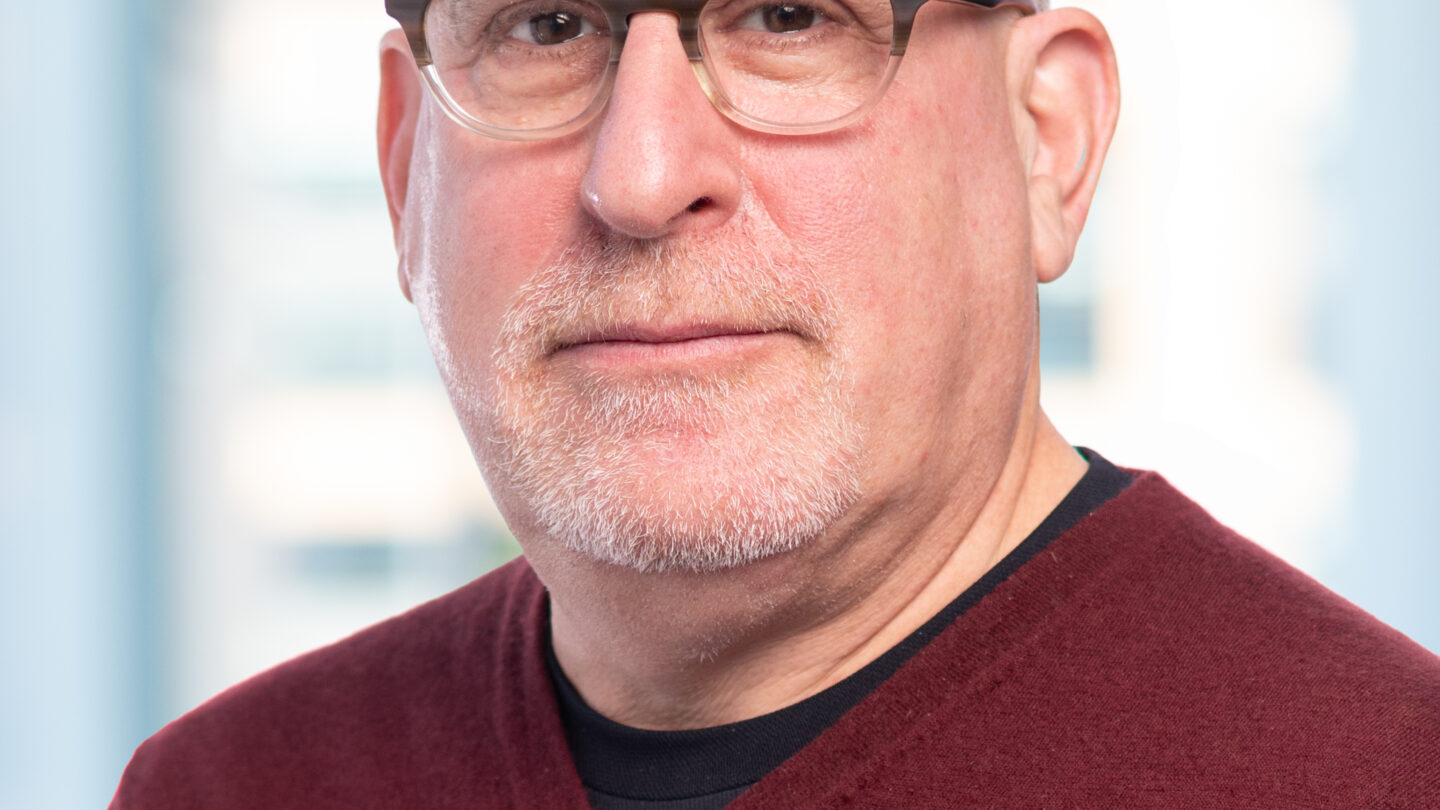Rob Stein is a correspondent and senior editor on NPR’s science desk.
An award-winning science journalist with more than 30 years of experience, Stein mostly covers health and medicine. He tends to focus on stories that illustrate the intersection of science, health, politics, social trends, ethics, and federal science policy. He tracks genetics, stem cells, cancer research, women’s health issues, and other science, medical, and health policy news.
Before NPR, Stein worked at The Washington Post for 16 years, first as the newspaper’s science editor and then as a national health reporter. Earlier in his career, Stein spent about four years as an editor at NPR’s science desk. Before that, he was a science reporter for United Press International (UPI) in Boston and the science editor of the international wire service in Washington.
Stein’s work has been honored by many organizations, including the National Academy of Sciences, the American Association for the Advancement of Science, the American Association for Cancer Research, and the Association of Health Care Journalists. He was twice part of NPR teams that won Peabody Awards.
Stein frequently represents NPR, speaking at universities, international meetings and other venues, including the University of Cambridge in Britain, the World Conference of Science Journalists in South Korea, and the Aspen Institute in Washington, DC.
Stein is a graduate of the University of Massachusetts, Amherst. He completed a journalism fellowship at the Harvard School of Public Health, a program in science and religion at the University of Cambridge, and a summer science writer’s workshop at the Marine Biological Laboratory in Woods Hole, Mass.
